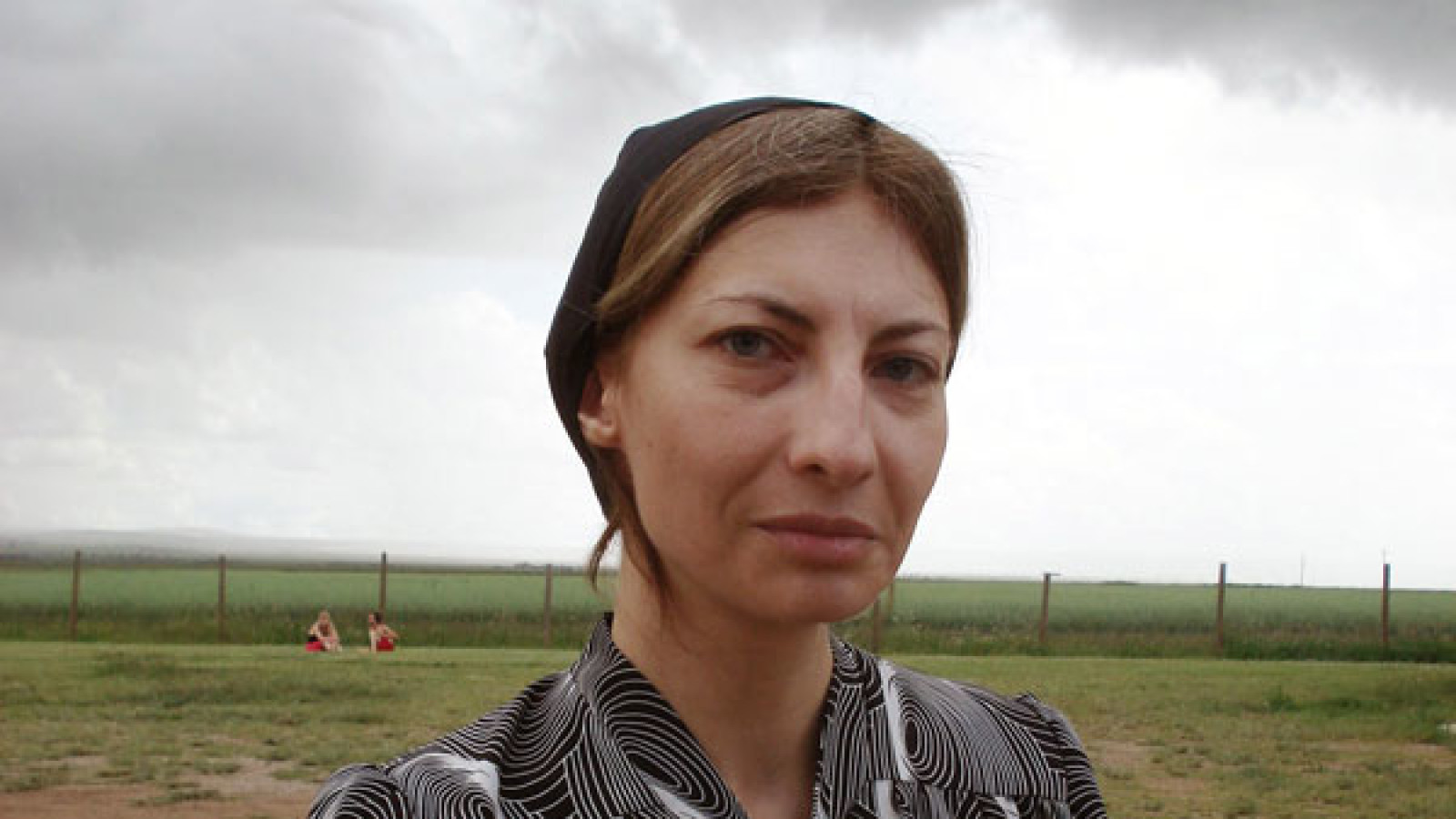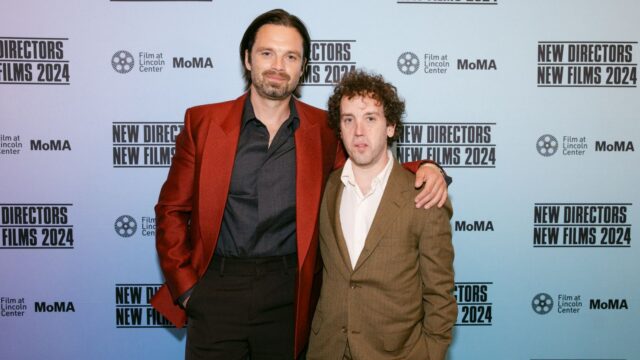NYFF '07: Silent Light - Stellet licht

Having established a reputation as something of a bad-boy provocateur with his first two features, Japon and Battle in Heaven, Mexico’s Carlos Reygadas made an unexpected about-face with this austere drama set in a modern-day Mennonite community on the outskirts of Chihuahua. Filmed entirely in the German-derived Plautdeitsch language and starring a cast of mostly nonprofessional actors, Silent Light weaves a poetic and affecting tale of marital and spiritual crisis, revolving around the affair between married farmer Johan (Cornelio Wall Fehr) and a neighbor woman (Maria Pankratz), while Johan’s wife (Miriam Toews) suffers, knowingly, in silence. A movie of subtle, closely observed gestures, in which glances and gestures register with power of thunderclaps, Silent Light is at once Reygadas’ most mature and most audacious work yet.
“This elemental tale of love and betrayal is at once an ethnographic exploration and an homage to Dreyer’s Ordet. Like the Danish master, Reygadas makes spirituality seem material, not least in the extraordinary widescreen landscape shots that bracket the action.” —NYFF45 program note
“A surprising picture and a very moving one as well.” —Martin Scorsese
“I’ve seen Silent Light three times and find it more pleasurable and touching with each viewing… Mr. Reygadas has quietly altered his visual style to brilliant and meaningful effect. His silky camera movements and harmoniously balanced widescreen compositions still enthrall, but he now comes across as less committed to his own virtuosity and more invested in finding images—of children bathing, trees rustling, clouds passing—that offer a truer sense of the world than is found in melodramatic bloodletting.” —Manohla Dargis, The New York Times
“****. It is Reygadas' inspiration to set this film among a people whose ways are old and deeply felt, and to cast it with actors who believe in those ways. To set it in ‘modern times,’ most places in today's world would make it seem artificial and false. What the film is really about is people who see themselves and their values as an organic whole. There are no pious displays here. No sanctimony, no preaching. Never even the word ‘religion.’” —Roger Ebert, Chicago Sun-Times
Image courtesy of MANTARRAYA/NO DREAM/ARTE / THE KOBAL COLLECTION






